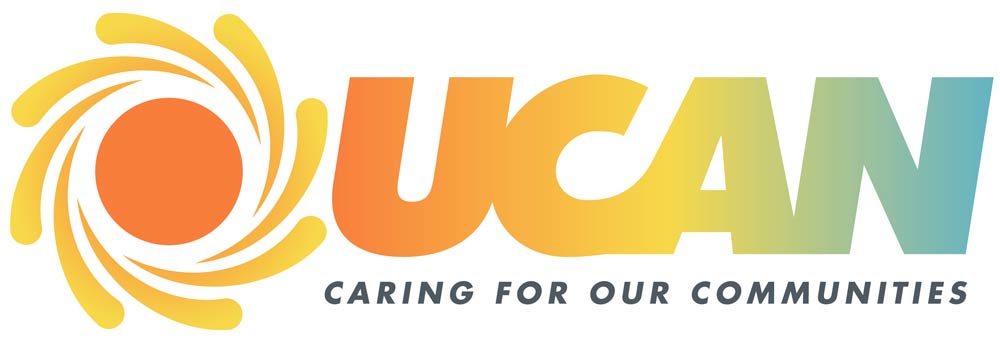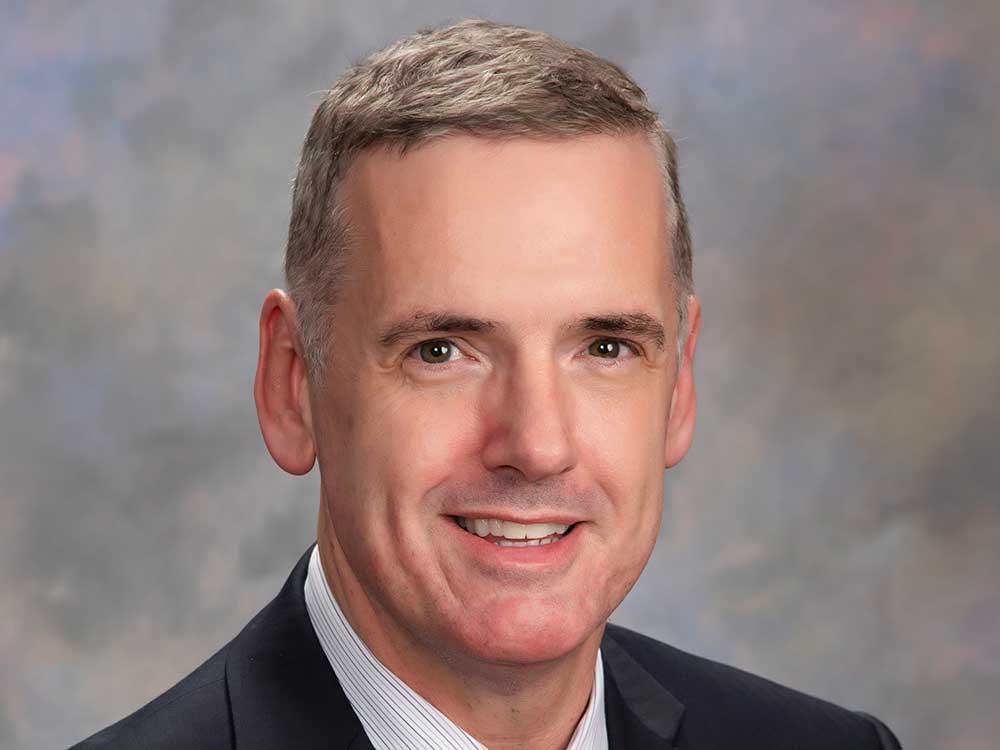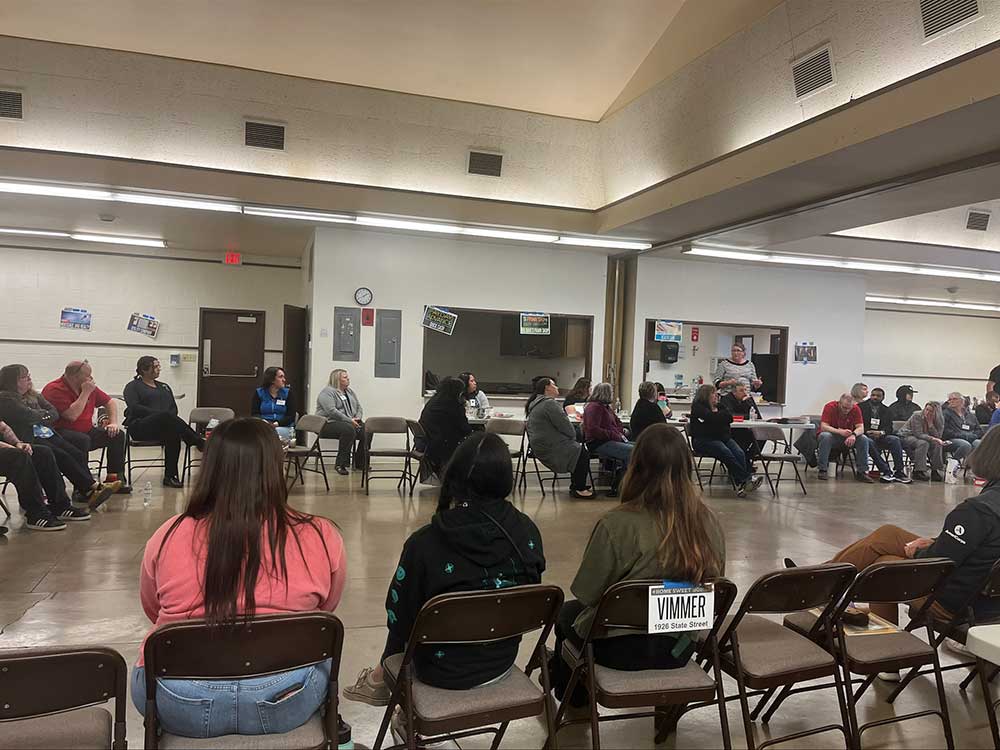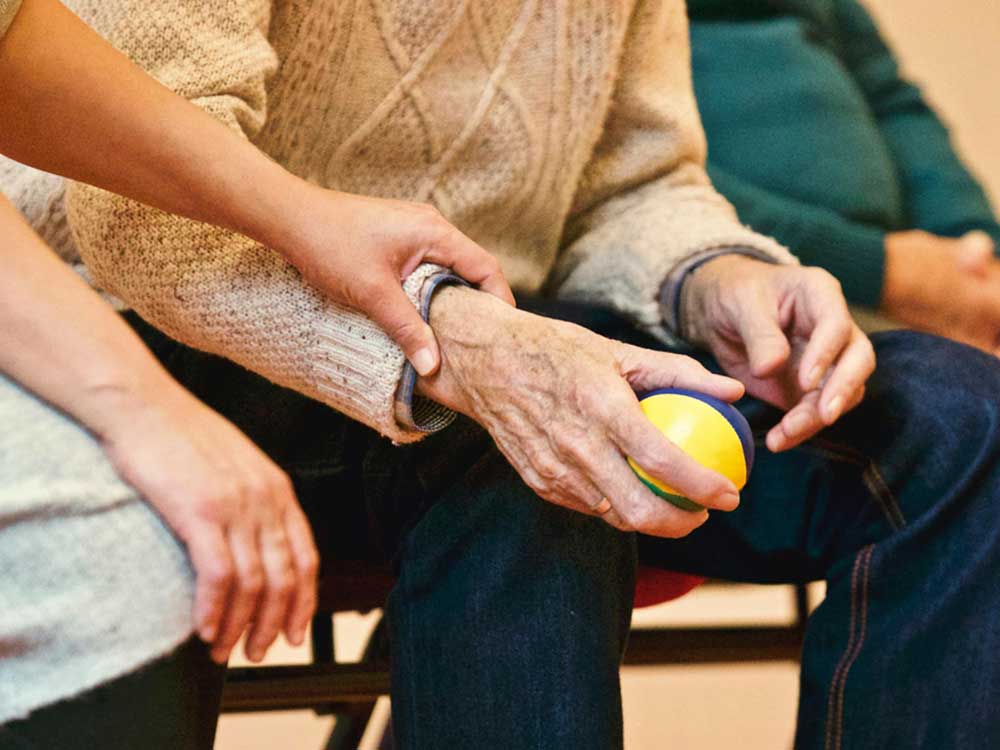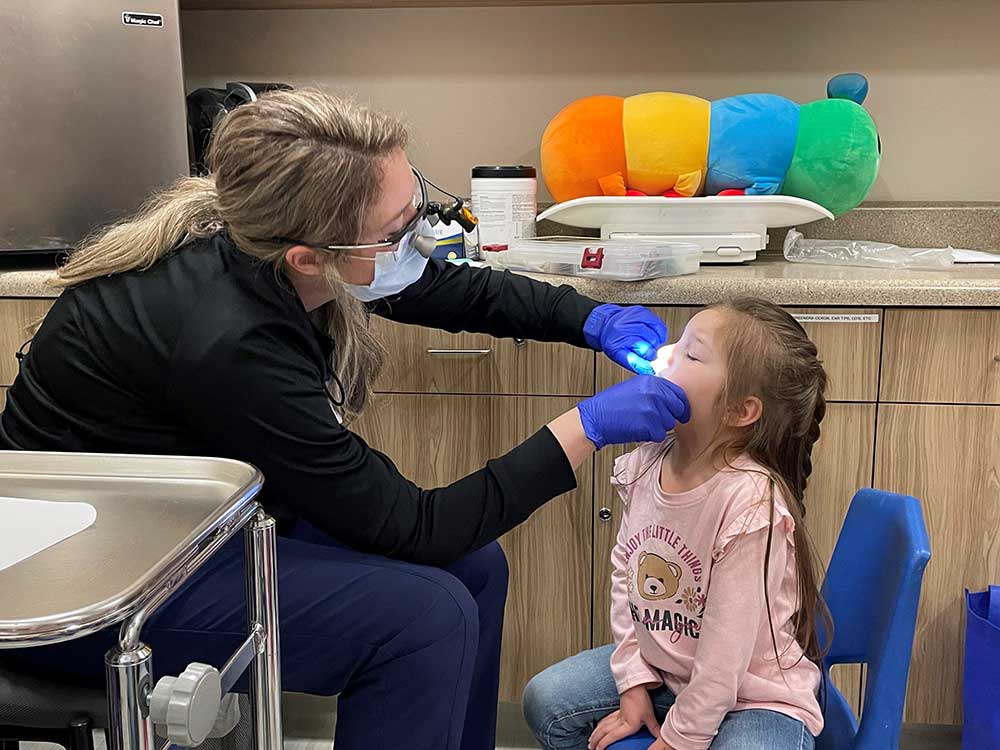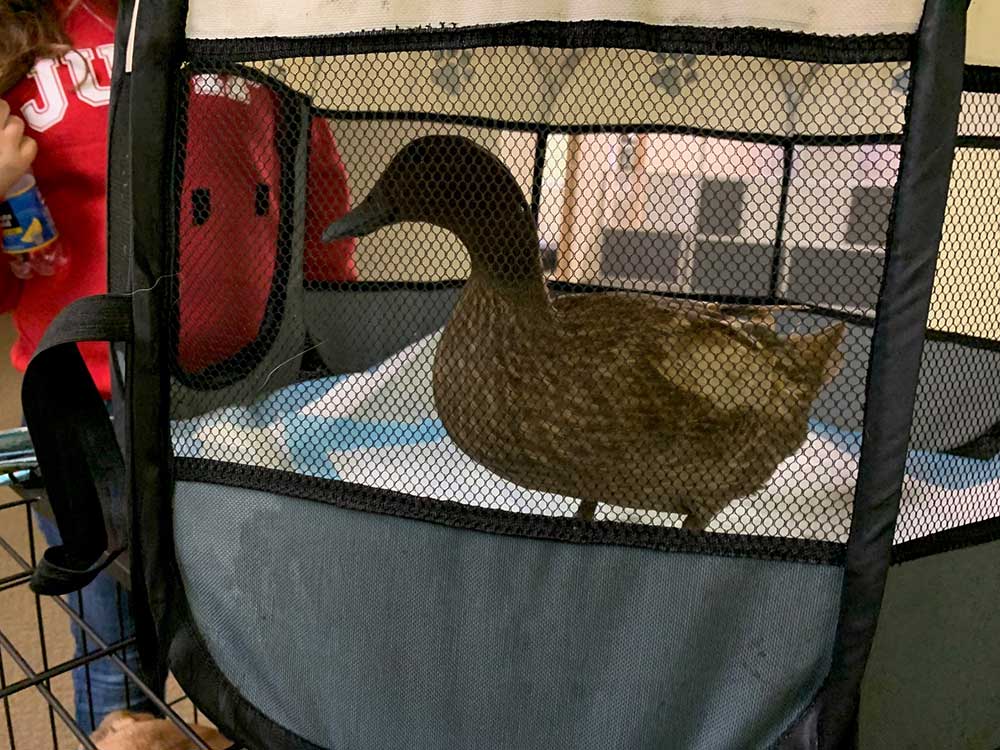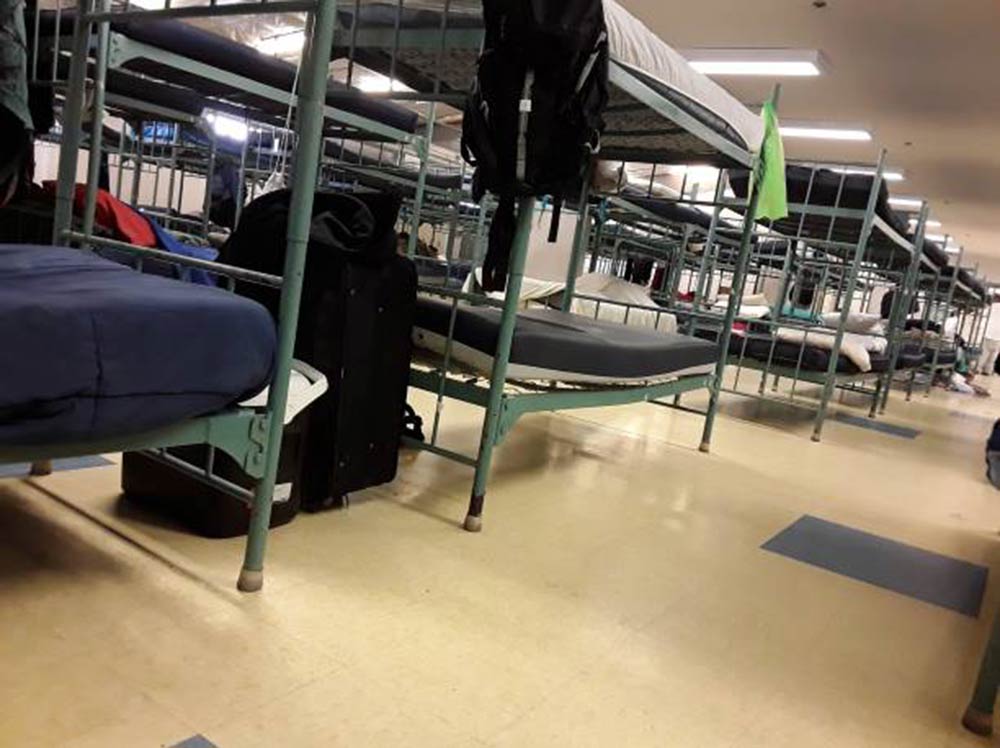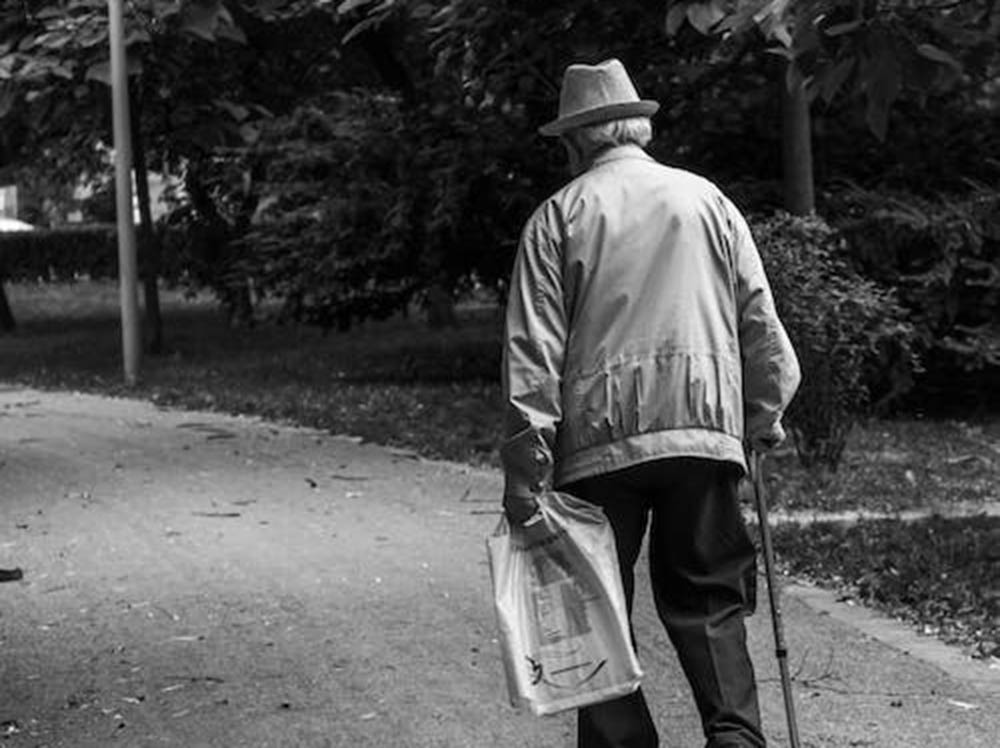
Valerie grew up in the Illinois Valley, and enlisted in the Army after graduating from Illinois Valley High School. Not only did she want to serve her country, she also hoped her service would prepare her for better employment once she finished her service. She initially served at Fort Bragg, and then reenlisted and served overseas in Korea. As a communication specialist, she expected she would have little problem finding employment when she returned in early 2021.
Unfortunately, just a month after returning, the US shut down as the Pandemic raced through the Country. Valerie, along with her partner, and their two children, Colin (age 5) and Jasmine (age 3), lived through the worst of the Pandemic in a ramshackle travel trailer in Merlin. They struggled to get propane so they could stay warm in the winter.
UCAN maintained operations throughout the Pandemic, pivoting to remote service delivery. One day Valerie was talking to a friend she had served with who now lives in Klamath Falls, and learned that the SSVF program might help her family improve their housing situation. She called our UCAN office in Grants Pass, and received help applying for the program.
Once we determined Valerie and her family qualified for the program, one of our case managers reached out to her to help her develop a plan to obtain stable housing. Given that she and her partner faced significant barriers to obtaining housing-a recent eviction from other housing, very low credit scores and a combined income of $500 per month-we started with the basics. We provided essential personal hygiene supplies and moved the family into an emergency motel shelter.
Given the opportunity to “reset” their lives, Valerie spent the next two months locating potential housing options, and submitting rental applications. We covered the cost of the applications. She found housing that would meet her family’s needs, but needed to convince the landlord to rent to her despite the barriers her family presented. We were able to overcome the landlord’s concerns by offering the landlord a $2,400 incentive, and paying a $3,600 security deposit.
Prior to move-in, we made arrangements to obtain a wide variety of household items for the family, from bedding to dishes. Move-in was a joyous occasion for all. We even surprised Colin and Jasmine with an assortment of new games. We enrolled the family in a rent assistance program, so they have more money to cover other basic needs. We are now working with both Valerie and her partner to help them obtain new employment. Whenever our case manager visits, Colin and Jasmine come racing over to ask her to play with them!
